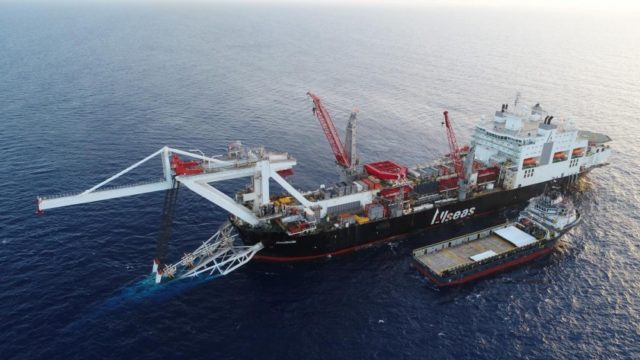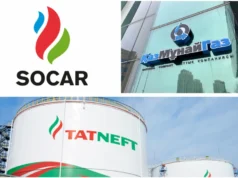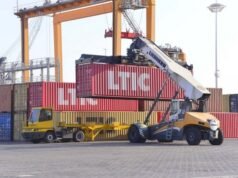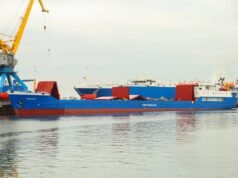The Trump administration has long been critical of the EU, especially Germany, over their support for the transnational pipeline project, which will boost the capacity of Russia to sell natural gas to Europe. Washington insists that the EU must instead buy more expensive LNG from the US or other countries, APA reports citing Sputnik.
The European Commission has condemned the US plans to expand the sanctions on Nord Stream 2, which could potentially affect EU businesses working on the project, and stressed that extraterritorial sanctions violate international law.
The commission clarified that it strongly opposes the idea of third countries targeting European companies conducting legal business. Brussels added that it is ready to defend its interests if the US goes ahead with the idea of expanding the Nord Stream 2 sanctions.
Germany has achieved progress in negotiations with the US concerning the Nord Stream 2 pipeline, which Washington wants to prevent from being completed, and expects talks on the issue to be held soon, the head of the German Bundestag Committee on Economic Affairs and Energy, Klaus Ernst, said. Ernst noted, however, that one topic will be off-limits in these talks – the sovereignty of Germany and the European Union.
“I hail the fact that the US now wants to exempt European governments and their bodies from [Nord Stream 2] sanctions. These talks are bound to happen. […] Now [Germany’s] federal government has to unambiguously indicate during these talks that the sovereignty of Germany and the EU are not up for discussion”, Ernst said.
The German lawmaker also praised the “creative ideas” of the country’s federal states, which may allow private companies to dodge the American sanctions against the pipeline. Ernst referred to a recent report by the newspaper Bild, claiming that Mecklenburg-Western Pomerania’s authorities are mulling creating a climate protection foundation that will designate Nord Stream 2 as a crucial piece to protect the environment in the German state and will allow private companies to provide their services to the pipeline indirectly. Mecklenburg-Western Pomerania’s officials refused to comment on the report.







